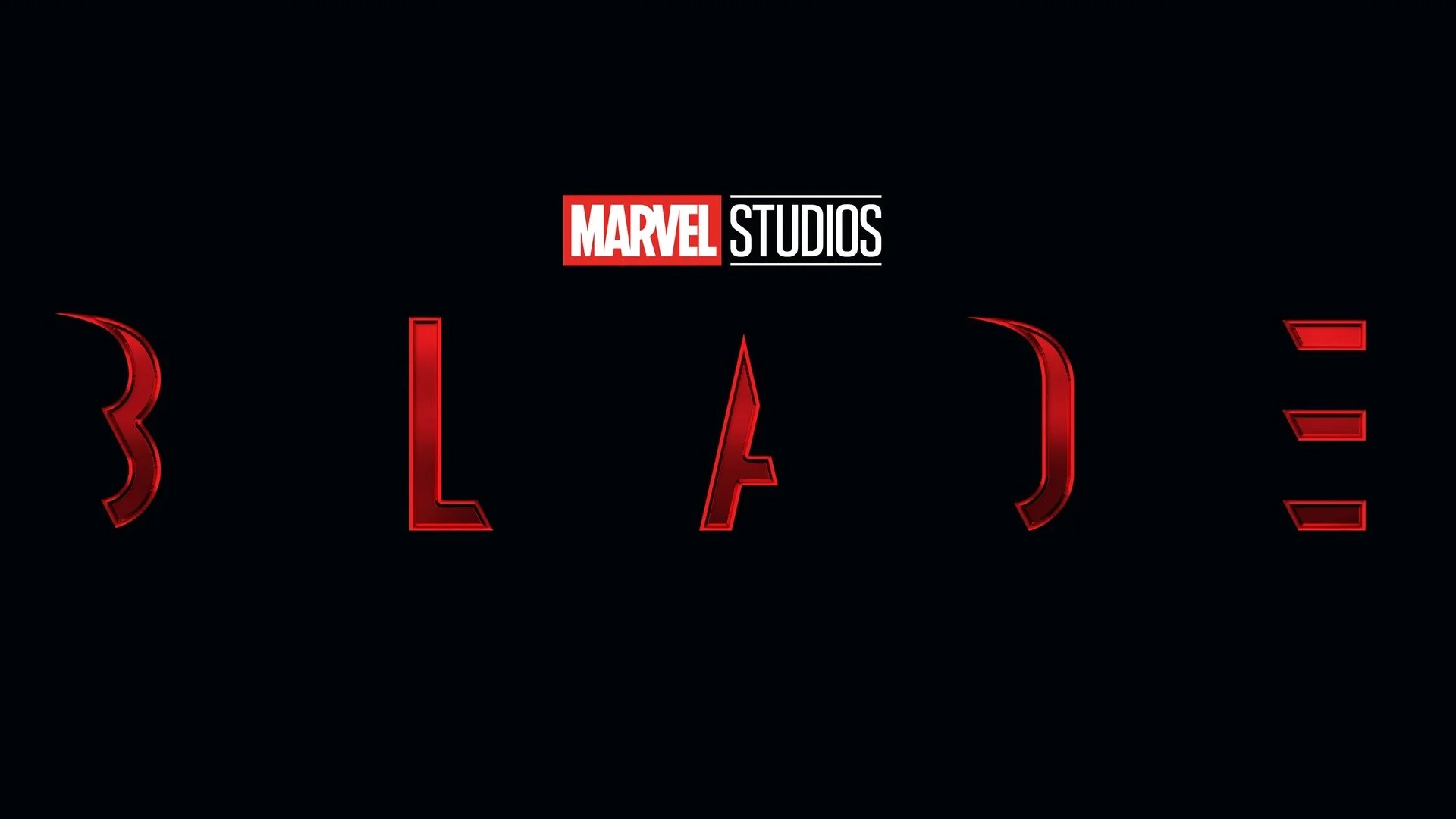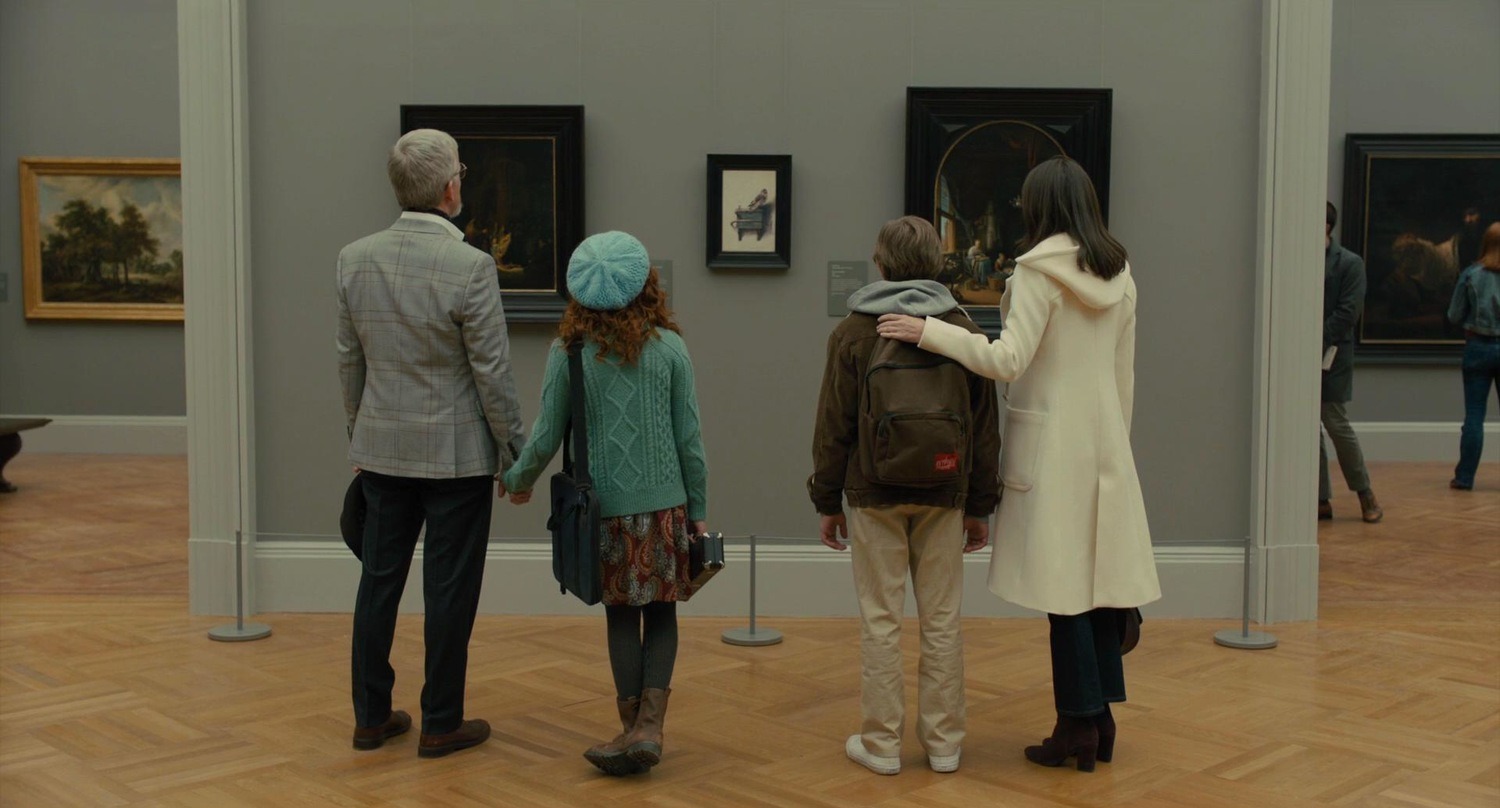Here is the trailer for a horror short film titled Honk the hornwhich has made the rounds of various film festivals.
The film was written and directed by Charles de Lauzirika; we also have an interview with him where he talks about the project, which won Best Short Film (World) / North American Premiere at the Morbido Film Fest.
The trailer only offers a small taste of the film, but if you’re heading to any film festivals, it’s one to keep an eye out for! This is shared in partnership with the FilmQuest Film Festival.
Without giving away any spoilers, tell us what your film is about, what its characters and themes are. Is it a proof of concept or a standalone story?
At the moment it’s a standalone story, but I also have other material that could be developed further, if there’s interest.
The synopsis: “Bill, a reluctant divorcee, is awakened before dawn by a mysterious horn in his usually quiet neighborhood. Unable to find the source of the sound, he ventures out into the darkness, only to be confronted by something far more disturbing.” More on themes, etc., in the next question.
What was the inspiration for your film? How did you get the idea?
I was fascinated by something called “exploding head syndrome,” which is the phenomenon of being awakened by a noise while you’re asleep… a noise you’re not sure whether you heard in your dream or in real life, like a telephone, a knock on the door, or a car horn.
This idea, combined with the fact that the neighborhood is very quiet, led me to wonder what would happen if someone honked their horn in my neighborhood at an absurd hour, when in reality I was asleep and dreaming.
I was also still dealing with the loss of my mother, who I was not allowed to be near in the last months of her life due to early Covid protocols. That sense of helplessness and inability to say a proper goodbye added to the sadness of this story.
I never asked myself, “Is this something people want to see?” I just knew I had to do it for myself. And it helped me.
Tell us about yourself. What is your background? How long have you been a director?
I have been a filmmaker since I was a kid, experimenting with Super-8 and VHS cameras. I grew up in Los Angeles, a movie nerd of the STAR WARS generation. Graduated from USC Film School.
I interned at several large production companies. I directed a few commercials and music videos. I became a behind-the-scenes content producer for several major DVD and Blu-ray releases, during which I also directed my first feature film. More details: https://en.wikipedia.org/wiki/Charles_de_Lauzirika
What drives you to work in genre cinema and tell these kinds of stories?
I think genre cinema provides the perfect way to approach potentially difficult or provocative subjects, but in perhaps more palatable ways. Any time you can sneak deeper, darker ideas through something usually (and wrongly) dismissed as mere fantasy cinema, I think you’ve given the audience at least double the entertainment value, but also something to think about long after they’ve left the theater.
What was the part of the process of making this project that you enjoyed the most?
As much as I had a blast directing HONK, I have to say I had a blast rediscovering my love for editing. I hadn’t really “engaged” with editing since I was in film school, so it was nice to be obsessed with a film of that caliber again.
The level where you say to your significant other, “I’m just going to the office for a few minutes,” and then you disappear for several hours, because you’re immersed in the editing, in the world you’re creating, no matter how small or intimate.
What are you most proud of about this film?
Whereas my previous films were more fluid in terms of tone and genre, I’m proud that I was able to pick a lane and stick with HONK. I wanted to create a melancholy, haunting, and melancholic tale that felt like a fusion of Stephen King and THE TWILIGHT ZONE. Something that didn’t settle for just being an audience-pleaser, but could stay true to itself as a cautionary character study.
What is your favorite anecdote or moment from the making of the film?
Figuring out the best way to get the big jump scare that happens a little over halfway through HONK was a real pain in the ass. I generated so many different mods, using a variety of sound effects, frame rates, reverse action, and so on.
It’s not that I didn’t know what I wanted. I knew exactly what I wanted in terms of overall effect and momentum. But the precision required to lull a highly educated audience, probably an audience that has watched the big scene in THE EXORCIST III a million times, and get them to surrender to the moment you’re trying to create strictly for character reasons, can be an endless evolution of frame-futzing.
In the end, I think I got to the final version of the scene in v10. But there were so many little tweaks and changes that had huge repercussions on each version of the scene, that I ended up having people tell me to just walk away.
I felt wonderful when I was so obsessed that I politely ignored the pleas of friends and loved ones who were deeply concerned about my mental health.
What was the most challenging moment or experience you had while making your film?
Unlike other projects I’ve worked on, there really wasn’t one critical moment that was the most challenging. Even though this is the smallest scale film I’ve made since film school, with the lowest budget, I would say it was also the most challenging overall, in every department, and the one that kept me up at night the most.
I learned a lot about myself on this film. The subject matter was definitely darker than my previous work, but I also learned where I am lacking as a director and what I need to do better next time.
But I also rediscovered some of my strengths, and while the results aren’t immediately apparent in the film itself, I feel like HONK has made me a better filmmaker than I’ve ever been.
If so, how did your film change or diverge from its original concept during pre-production, production, and/or post-production? How did this change the way you approach future projects as a result?
The film became more tragic and more melancholic in tone as it went on. It started out as a simple, approachable exercise in style and mood. But once I started asking questions about the main character, and trying to understand where he was coming from emotionally and psychologically, a whole new dimension to the film opened up for me.
It gave me a lot more to think about as a storyteller… but it also worried me, because it made the film bigger and more complicated, which went directly against the “keep it simple” mandate we started with. The HONK experience has definitely changed the way I approach projects in the future.
It forced me to develop a new way of emotionally breaking down the script, and I think that process will only get better next time.
Who were some of your collaborators and actors in the film? How did you start working together?
On HONK, I really enjoyed working with old and new friends who live relatively close to me. It gave the production a sense of purpose…not just for this film, but for everything going forward. My two main actors, Zach Galligan and Tyler Mane, both live just minutes away from me.
A few years ago I worked with my producer Jeremy Emerman on behind-the-scenes content for a DC project and it seemed like a perfect fit for me, as he was also a BTS producer interested in pursuing more narrative paths.
Renae Geerlings was an incredibly helpful producer, especially on the casting and SAG side of things. And my lovely wife Carlee Baker not only joined the team as a producer, but also provided the heartbreaking voice that gives the film its tragic twist in the second half.
What’s the best advice you’ve ever received as a director, and what would you say to new directors?
When I was in pre-production on my first feature film CRAVE, none other than Tony Scott gave me the amazing advice to change my shoes halfway through each day of shooting. It was like his version of “close your fists with your toes” from DIE HARD. It honestly helped me more than I could have imagined.
What are your career plans and what do you hope this film will do for your career? What kind of stories do you want to tell moving forward?
I want to continue directing films that are uniquely my own, and that I enjoy as a viewer and a director. I want to explore misunderstood characters in a confusing world, so semi-autobiographical films, I guess.
What is your next project and when can we expect to see it?
Producing a making-of documentary for a powerful new film that people are already talking about intensely, and that will be coming out later this year. (I can’t reveal the title yet.) After that, I’m rewriting a feature film script with my writing partner that we optioned to a major studio last year, literally hours before the WGA strike. It’ll be great to get back to it.
Where can we find more of your work and where can interested parties contact you? Do you have a website or YouTube/Vimeo channel? Do you have any social media profiles?
Vimeo Profile: https://vimeo.com/lauzirika / Social: @lauzirika
What is your all-time favorite movie?
My good old friend, JAWS. I saw it opening weekend when I was just 7. It’s a perfect movie.
What film inspired you most to become a director and/or had the greatest influence on your work?
STAR WARS opened my eyes to the process of making a film, but BLADE RUNNER taught me how to take that art and make it artistically immersive.
Teaser HONK (4K) from Charles de Lauzirika on Vimeo.
by Joey Fear
Source: Geek Tyrant
Lloyd Grunewald is an author at “The Fashion Vibes”. He is a talented writer who focuses on bringing the latest entertainment-related news to his readers. With a deep understanding of the entertainment industry and a passion for writing, Lloyd delivers engaging articles that keep his readers informed and entertained.





